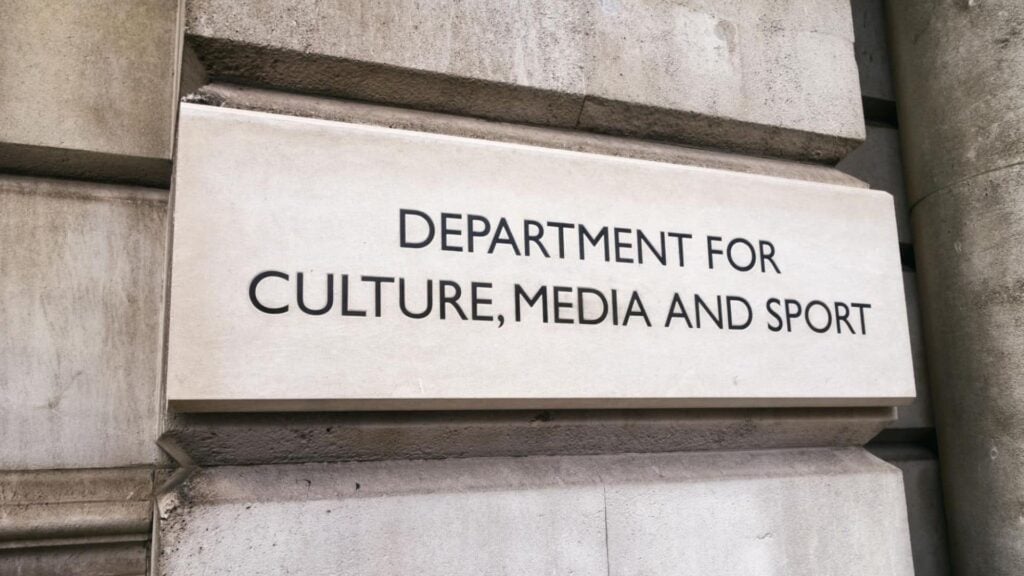
A new report commissioned by the United Kingdom’s Department for Culture, Media and Sport (DCMS) has urged urgent regulation of skins gambling, warning that the practice poses significant risks to children and young players.
The study revealed that some of the most-visited gambling platforms featuring skins draw more monthly traffic than established betting sites. Across 45 sites reviewed, global visits reached 6.9 million in February 2025, with the U.K. accounting for nearly four percent, and the top nine websites each attracting over one million visits.
“Policy implications include the urgent need for collective regulation across jurisdictions that explicitly classifies skins gambling as a form of gambling and holds operators to the same standards as traditional gambling platforms,” the report states. “This should include mandatory age verification, transparency, fairness, and responsible gambling protocols.”
Younger players vulnerable to skins betting risks in U.K.

Skins gambling refers to wagering with virtual in-game items, such as cosmetic skins often obtained through loot boxes. The practice is particularly tied to major esports titles like CS2 and Dota 2, where it has become a growing concern for underage players.
The DCMS warned that the mechanics of skins betting closely mirror traditional gambling products like slot machines and roulette, exposing young people to gambling-like behaviour at an early age. Research cited in the report found that players aged 11 to 14 were more than twice as likely to engage in skins betting as those aged 22 to 24.
The report also criticized developers for embedding gambling-style features within games, stating: “Furthermore, game developers must be held accountable for the gambling-like mechanics within their games, ensuring that safeguards are built in to protect younger individuals.”

Although skins gambling meets the legal definition of gambling in Britain, many betting platforms operate without licenses, often offshore, making them difficult for regulators to police.
The U.K. Gambling Commission continues to block sites, but the report concluded that the “lack of regulation, the absence of acceptable responsible gambling standards on the platforms, and the potential for increased exposure, could lead to gambling-related harm that includes the development of unhealthy gambling behaviours at a young age.”
The DCMS ultimately recommends stronger enforcement, legislative clarity, and international cooperation to close regulatory loopholes. It also calls for developers, schools, and public campaigns to help raise awareness and safeguard vulnerable populations.







